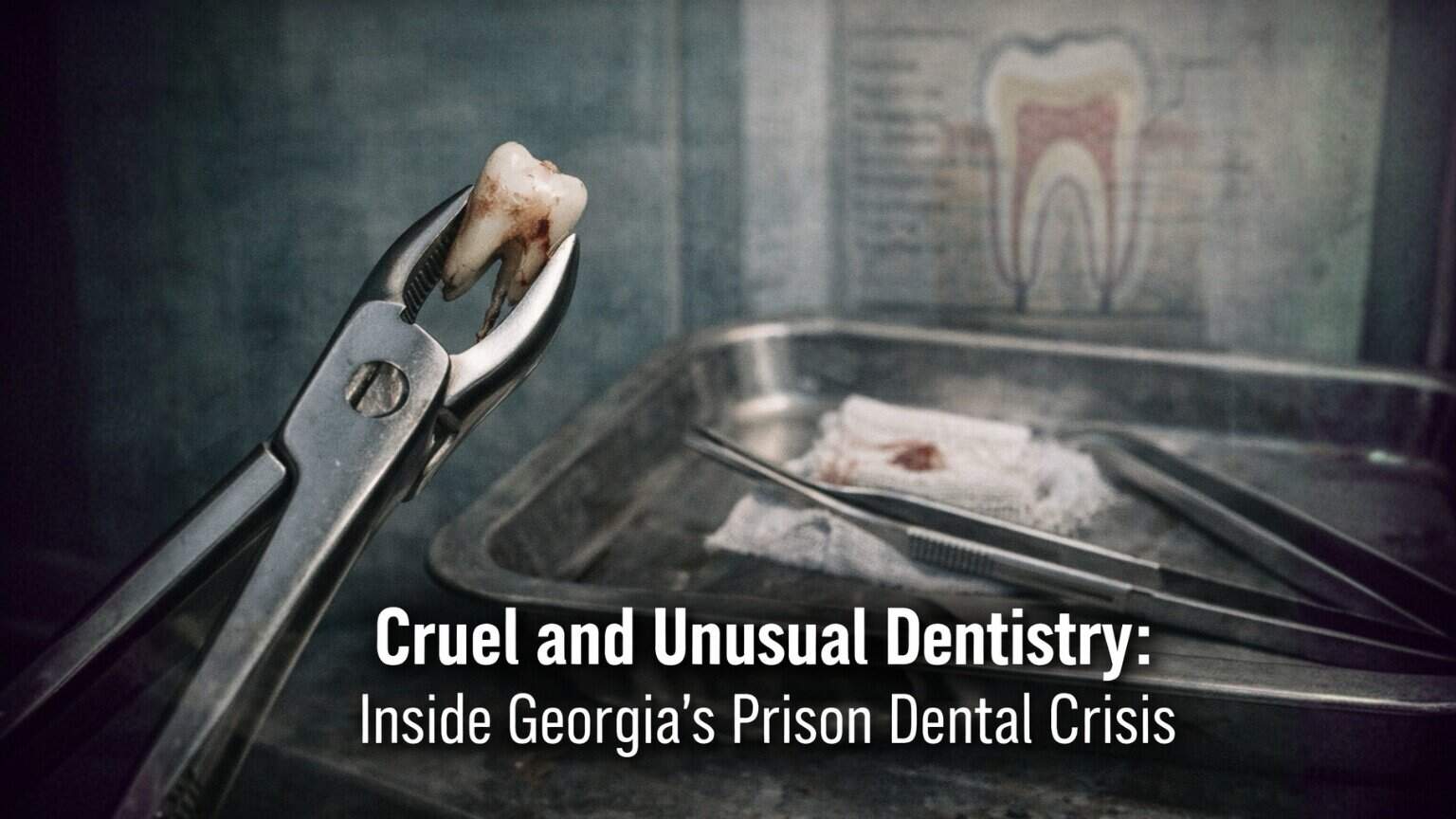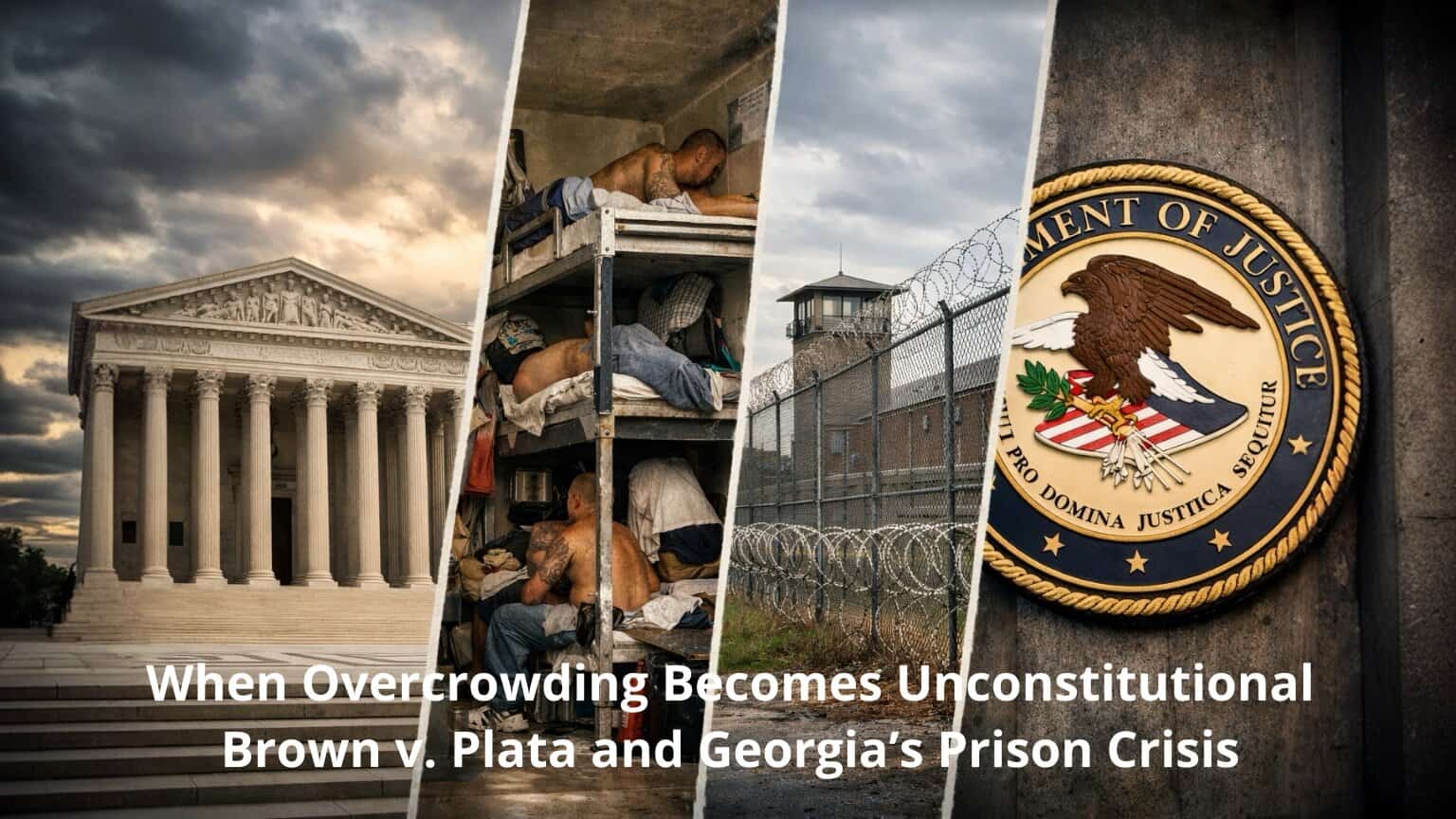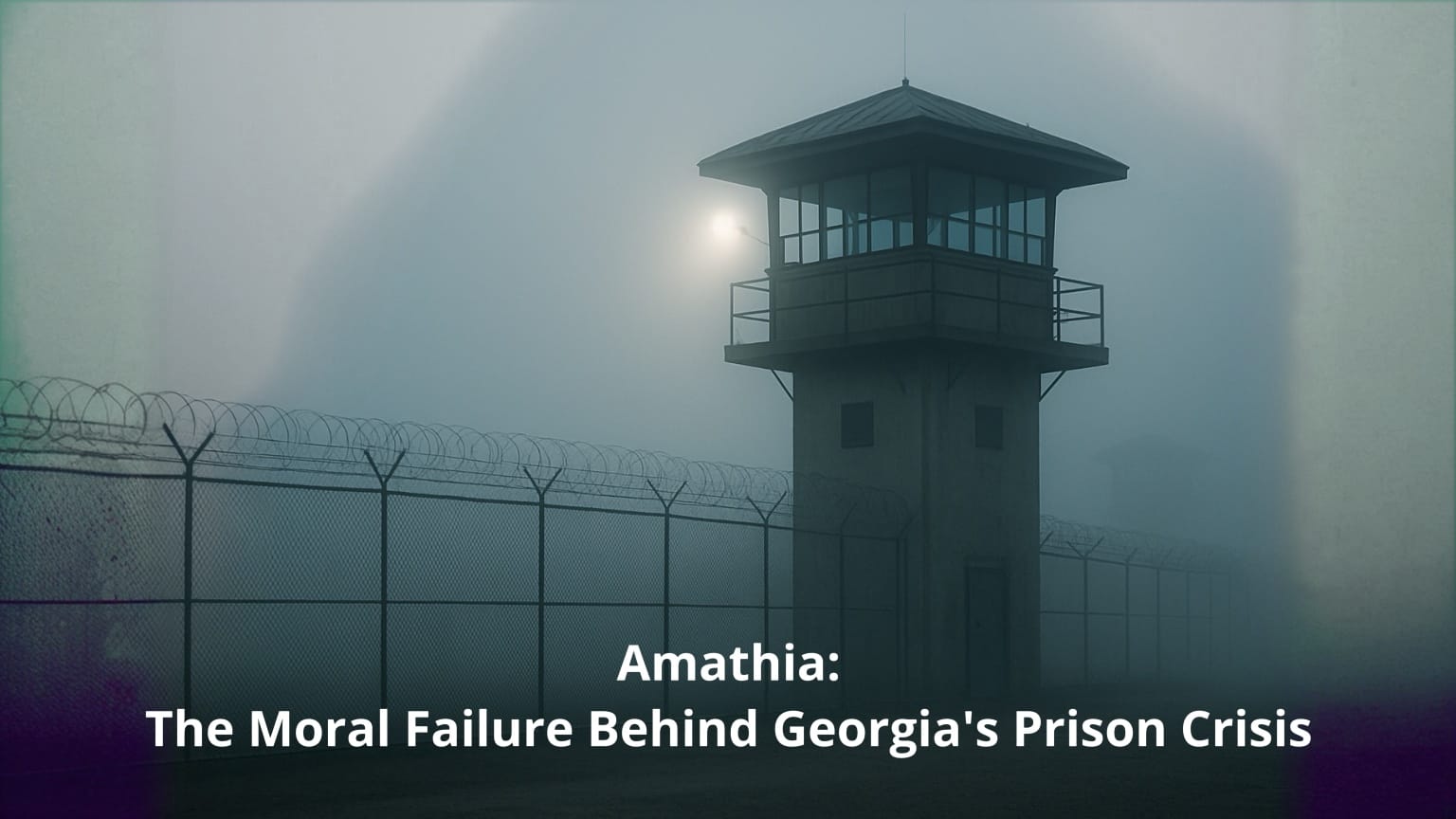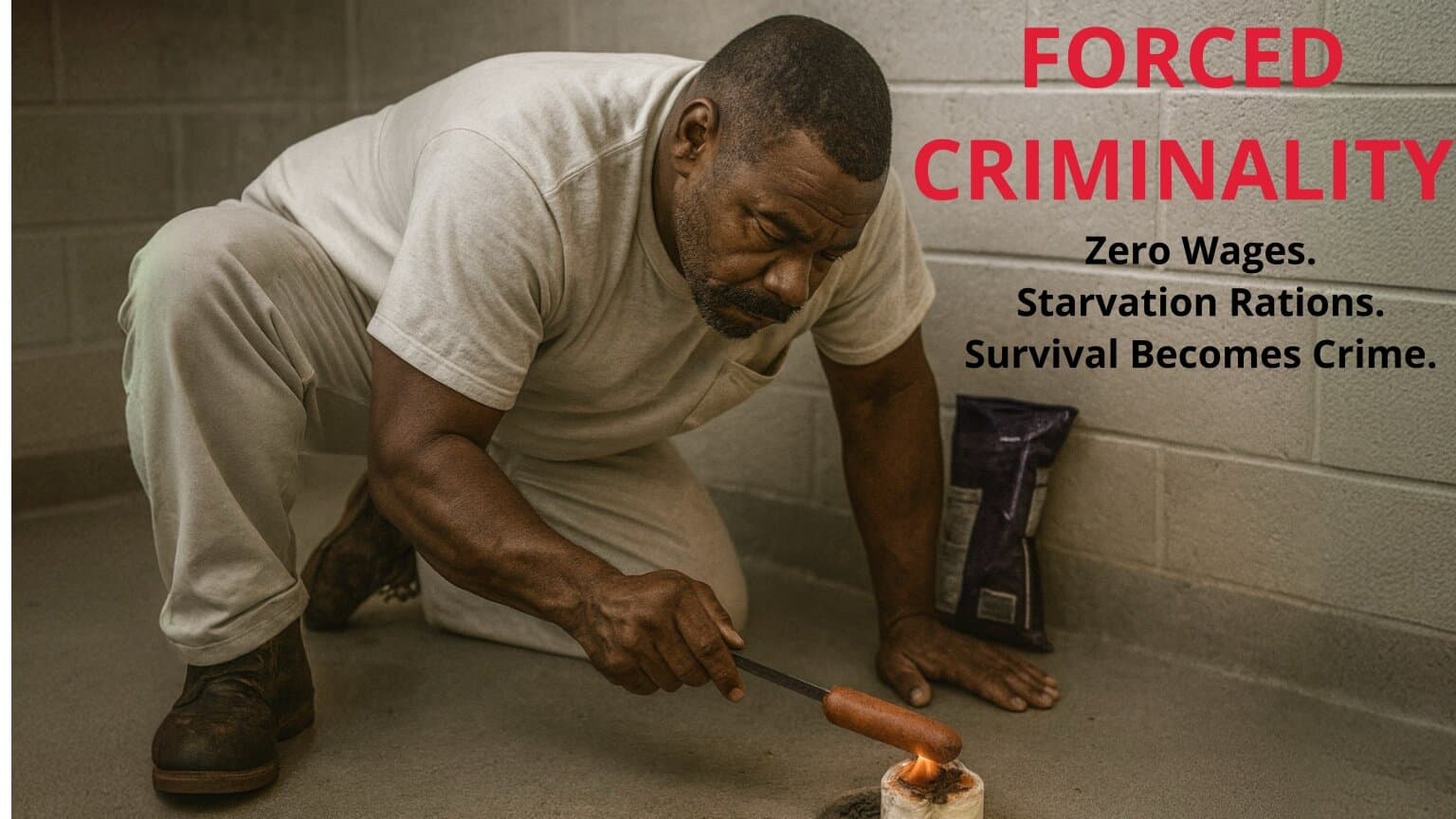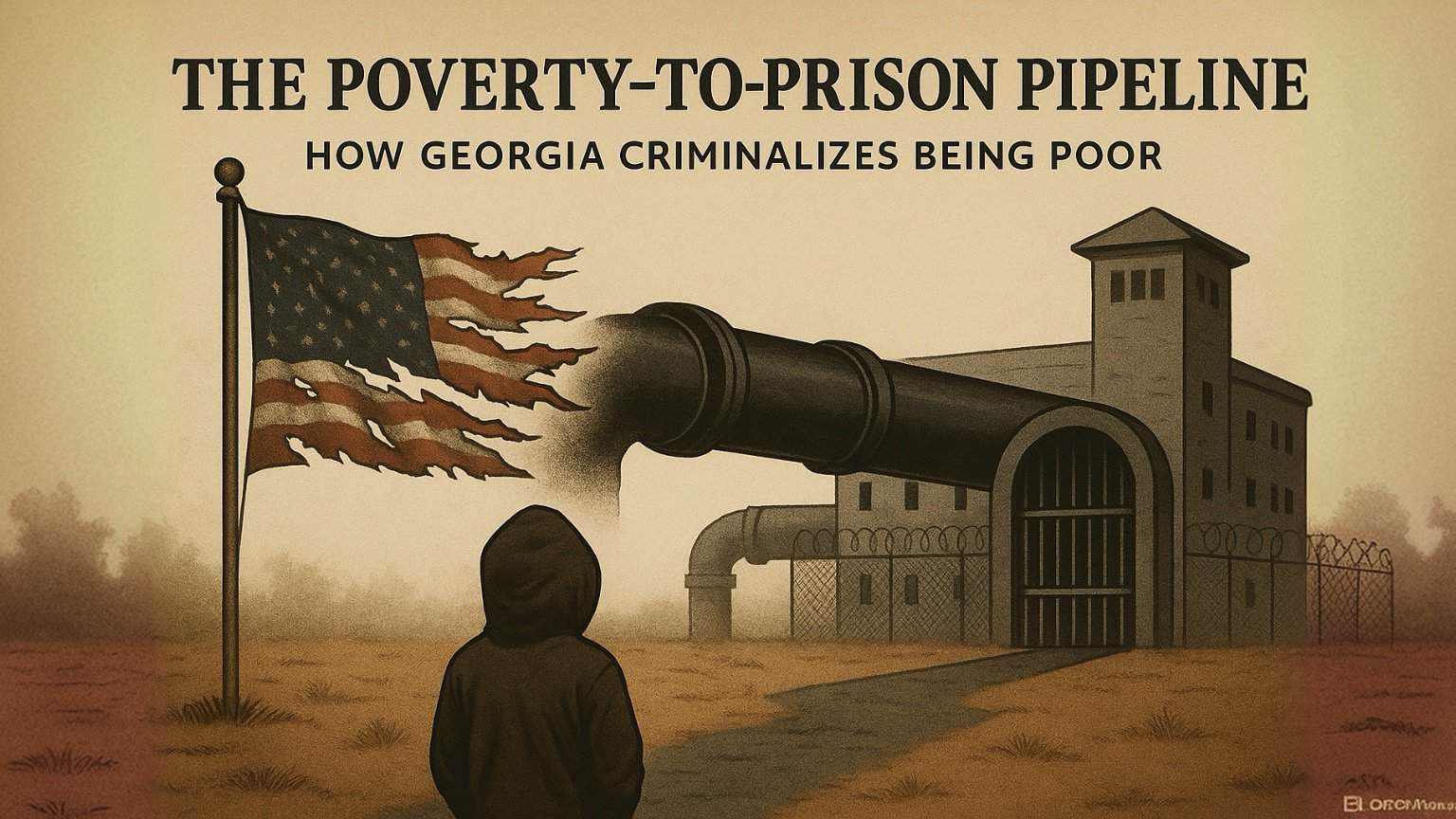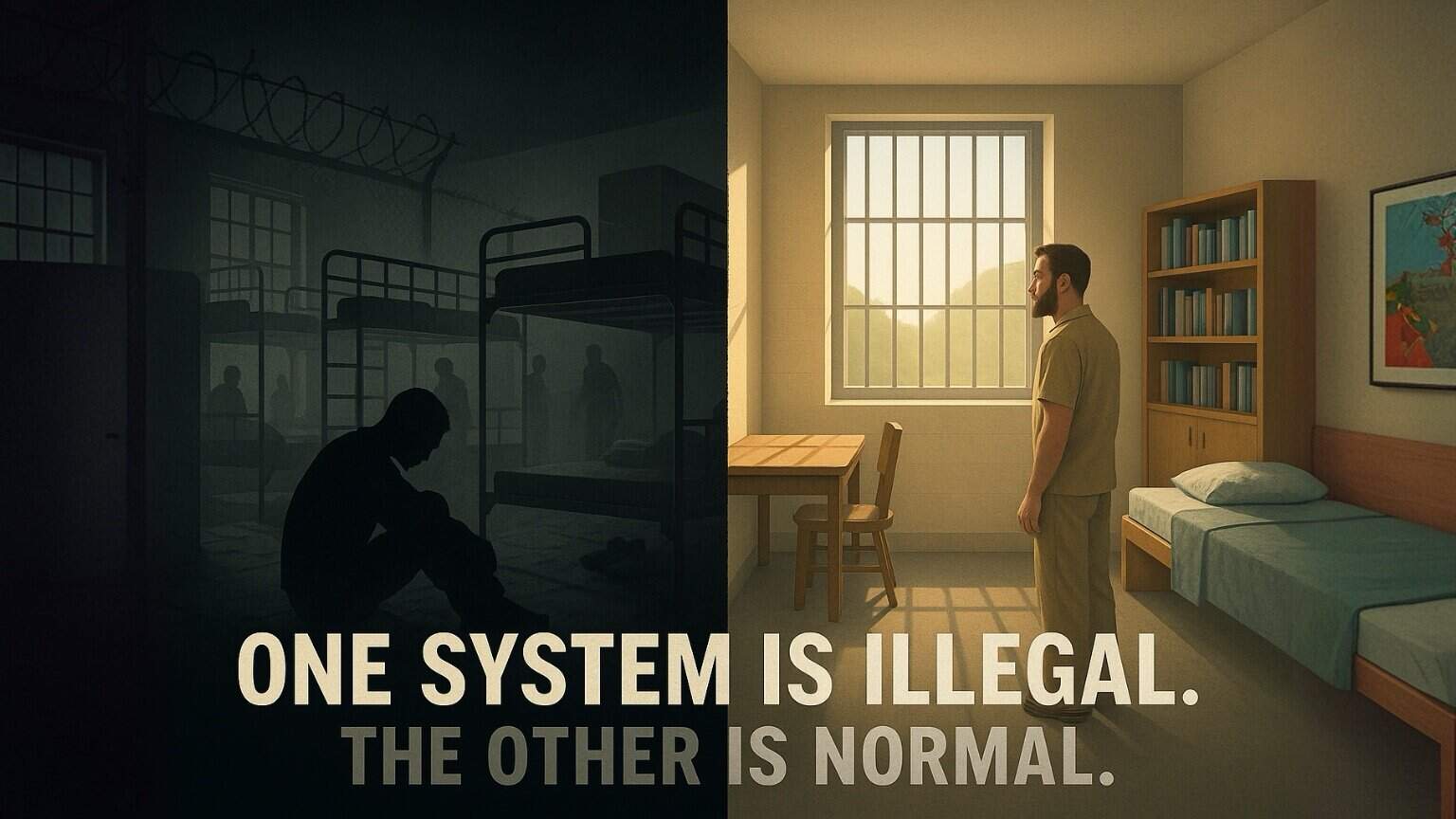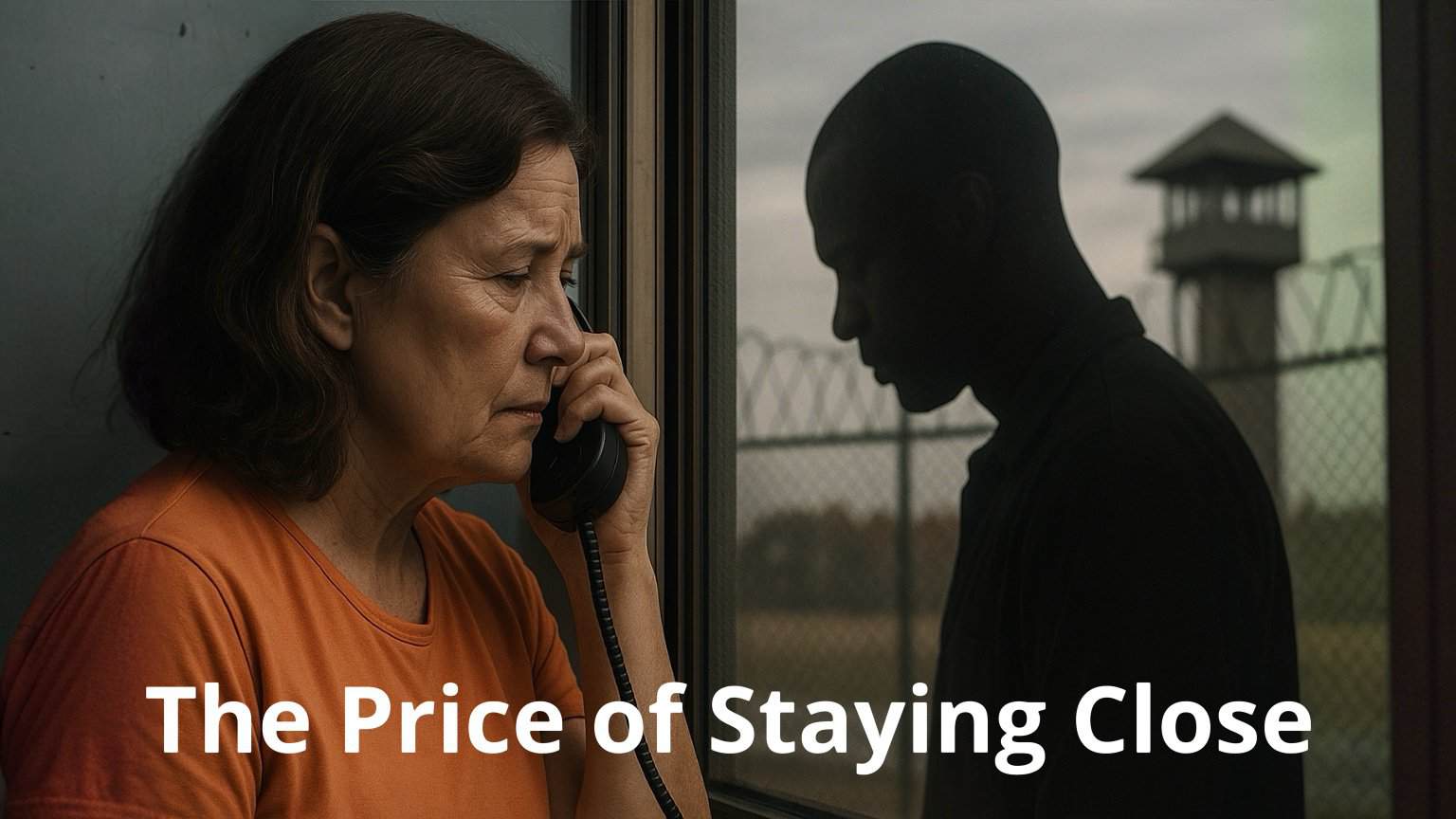Georgia Department of Corrections
Forced Criminality: Inside Georgia’s Prison Violence Factory
The DOJ documented 142 homicides in Georgia prisons from 2018-2023. GPS documented 100 homicides in 2024 alone—nearly triple the previous year.
This isn’t random violence. It’s the inevitable result of deliberate GDC policy:
→ Zero wages for prisoner labor
→ 1,200 calories/day (half what’s needed)
→ Ramen marked up 350% to $0.90
→ Ibuprofen marked up 1,076% to $4.00
The equation is impossible: You cannot earn money. The food provided cannot sustain life. The prices are unaffordable.
What would you do?
Kitchen workers steal food to survive. Prisoners make alcohol for $150/bottle. Gangs charge $0.90 for shower access. Underground “medics” treat stab wounds to hide violence from guards.
And GDC policy criminalizes ALL of it – even trading soup for clean laundry.
This is forced criminality: survival strategies the state makes mandatory, then punishes.
Read how Georgia’s zero-wage policy creates the violence it claims to address.
Normalization: The Principle That Changes Everything
Georgia’s prisons aren’t “broken” — they’re illegal.
The Constitution says the punishment is the loss of liberty, not starvation, violence, neglect, or death.
Yet every day, Georgia piles on punishments no judge ever ordered.
Every other developed nation treats prison as a place for rehabilitation.
Georgia treats it as a dumping ground for suffering.
Normalization is how we realign Georgia with the law, with humanity, and with public safety.
Georgia now faces a choice:
continue running prisons that violate the Constitution, or adopt the normalization model that every safe, sane society already follows.
One path breeds violence.
The other creates redemption.
Only one is legal.
The Price of Staying Close: Families Pay the Cost of a Broken System
Across Georgia, families are going broke just to keep their loved ones alive and connected behind bars. From elderly grandparents skipping meals to mothers living on disability, the human cost of Georgia’s prison economy runs far deeper than commissary prices or phone bills. These are the voices of those paying The Price of Staying Close.


